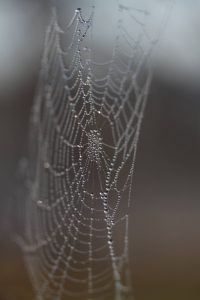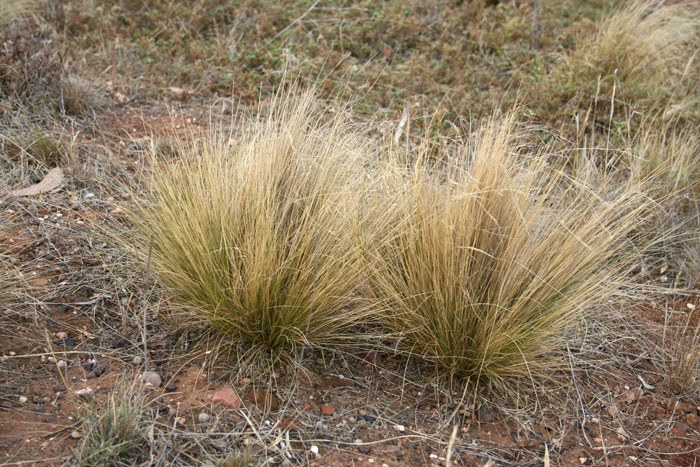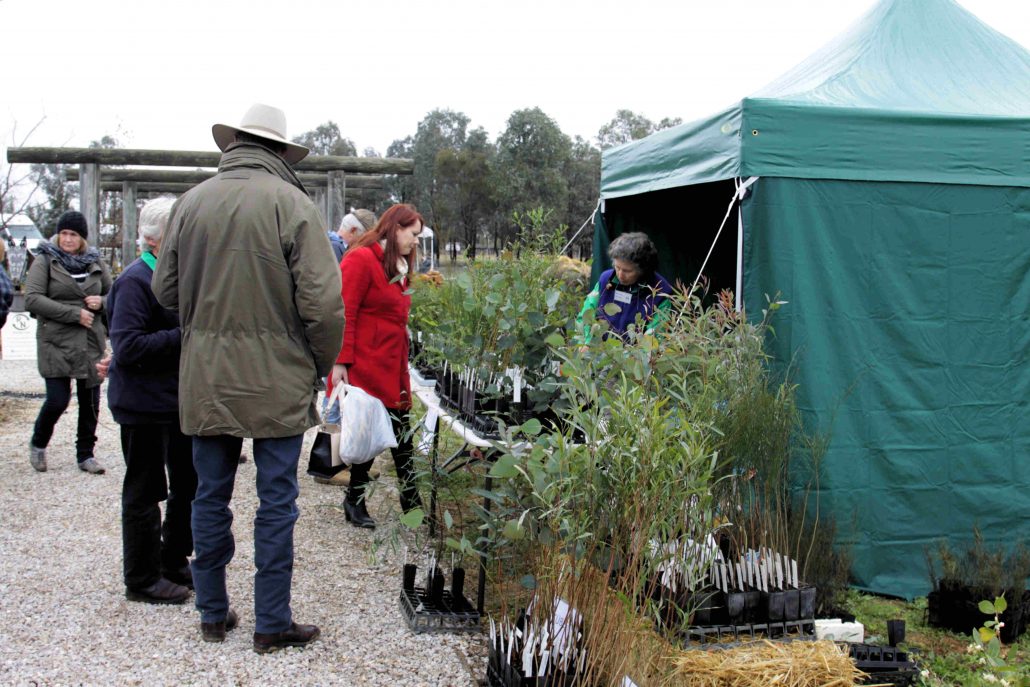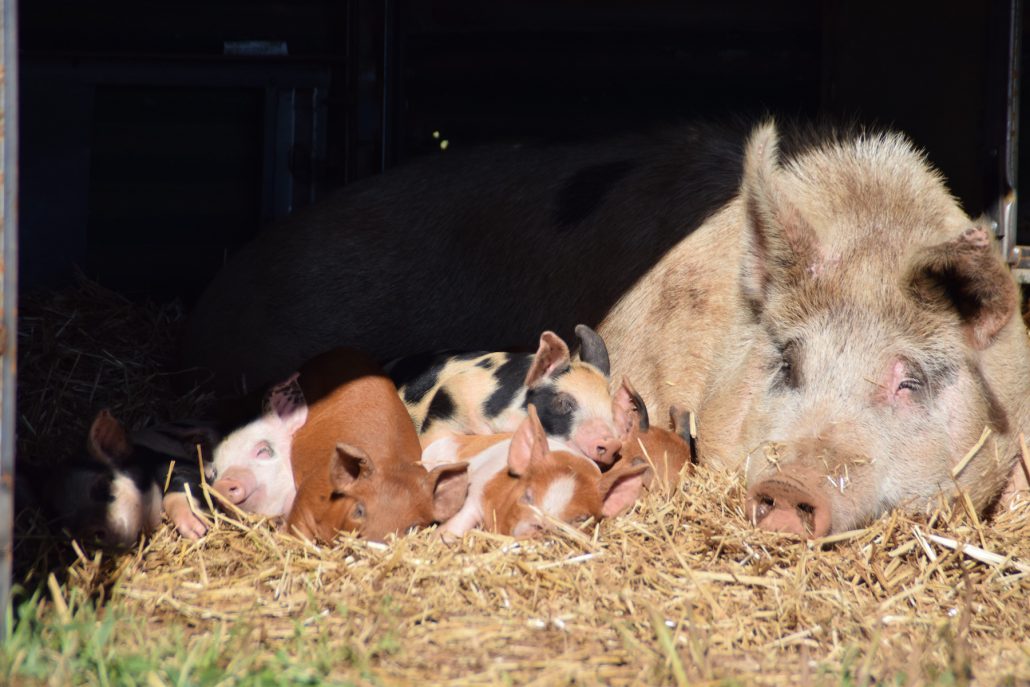A spinning spider’s good side

A healthy spider community means a healthy, biodiverse ecosystem.
How do you measure the health of something as diverse and complex as an entire ecosystem?
Ecologists use top-level, or apex, predators as an indirect measure of the biodiversity and functionality of the entire system.
The reasoning is that if those at the top of the food chain are healthy, diverse and resilient then that must also be the case for each link in the chain – other predators, herbivores, plants and algae, insects, soil microbes etc.
But did you know that you can apply the same principles on your own farm?
Spiders can act as indicators of ecosystem health and habitat quality. They play a critical role in agricultural pest management and you are never more than about one metre from a spider as they go about their business of consuming insects and other creepy crawlies. Having a healthy spider community on your farm means you have a healthy, biodiverse ecosystem.
As part of a research project on landholder collaboration for landscape-scale conservation and sustainable production lead by the University of Sydney and University of New South Wales, Watershed Landcare will be hosting a spider monitoring workshop in Mudgee.
We are very lucky to have a special guest speaker coming to the event. Dr Mary Whitehouse is a CSIRO scientist who has spent many years researching spider biodiversity particularly in crops.
Mary will be happy to identify spiders if anyone wishes to bring some along in a glass jar.
We will look at a cost-effective and easy-to-use method of monitoring spiders by using spiders’ webs as a substitute (the Web2Spider guide and supplementary material provided by the Australian Museum).
This workshop will cover:
- How to identify and monitor spiders on your property
- How spiders respond to good land management
- Why working together on spider monitoring is beneficial
- How to upload the information onto an online collaborative tool
- How to use this data to make more informed land management decisions
The Mudgee Spider Monitoring workshop will be held on Tuesday Tuesday 8 August, 5:30-8pm in the Burrundulla Room, Mudgee Golf Club.
All welcome. The workshop is free to attend and dinner is included.
Please RSVP for catering purposes by Monday 31 July to Agness Knapik, Watershed Landcare Coordinator, on 0435 055 493 or info@watershedlandcare.com.au.
This event is supported by the University of Sydney, University of New South Wales and Watershed Landcare and is a part of the Landholder Collaboration Project funded by the NSW Environmental Trust.
More information on the project is available here.



